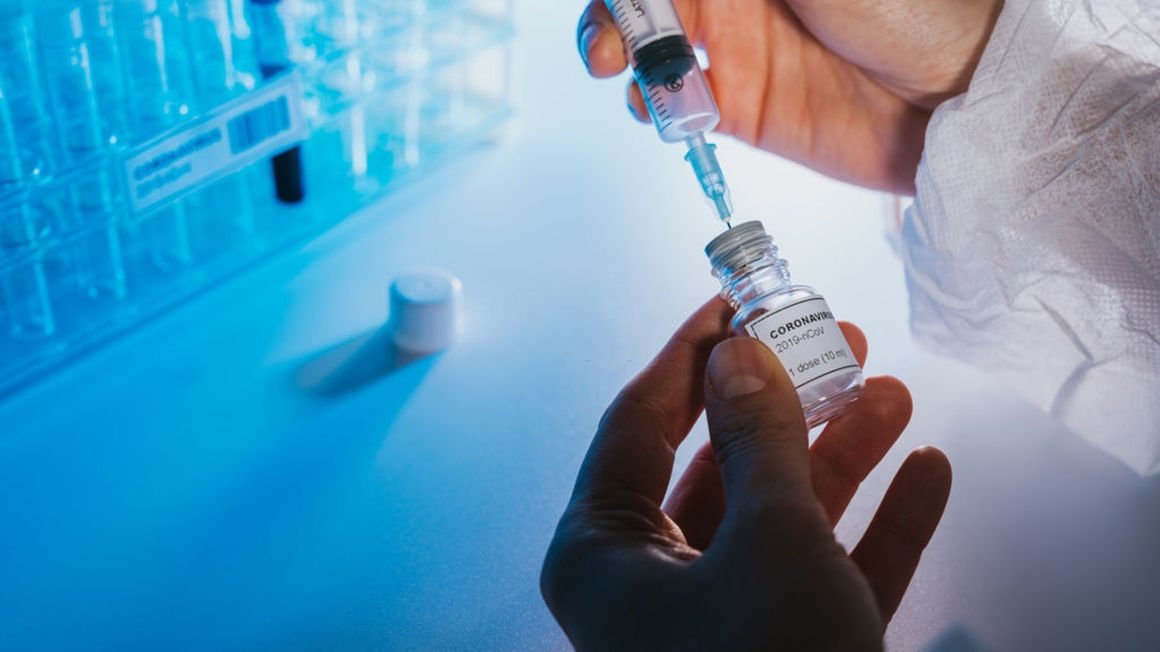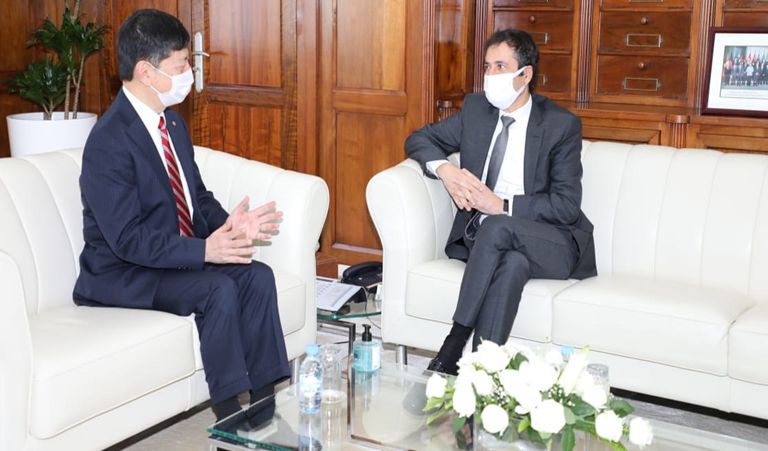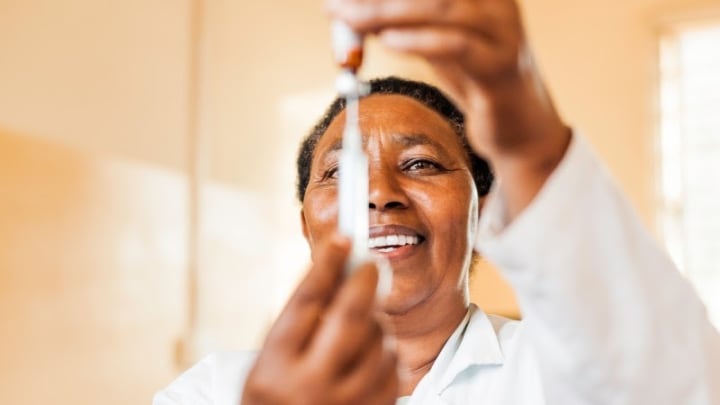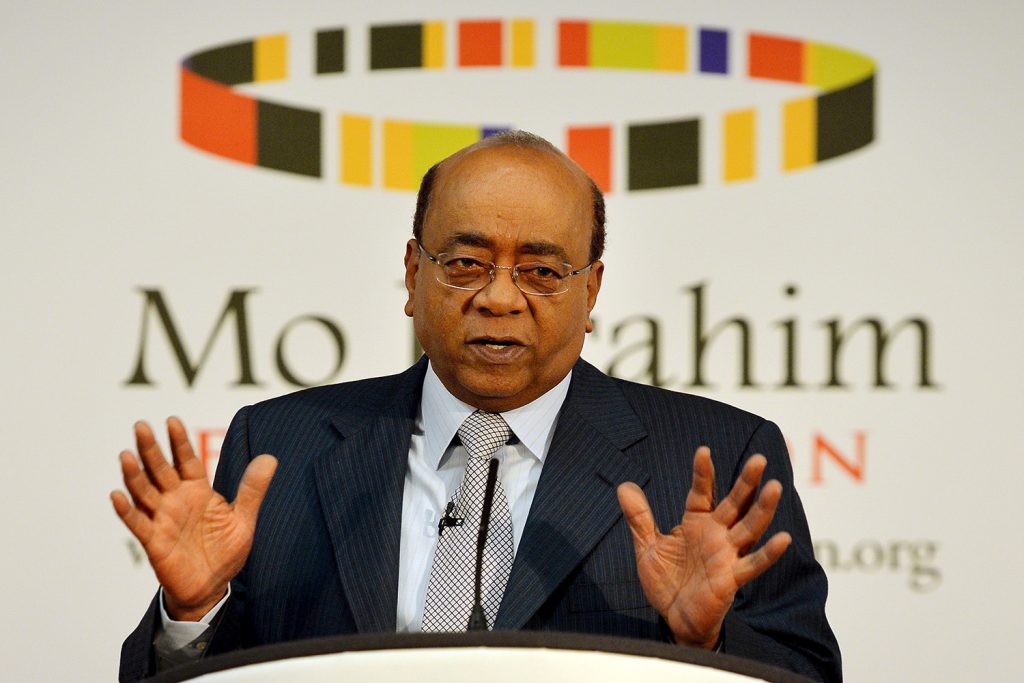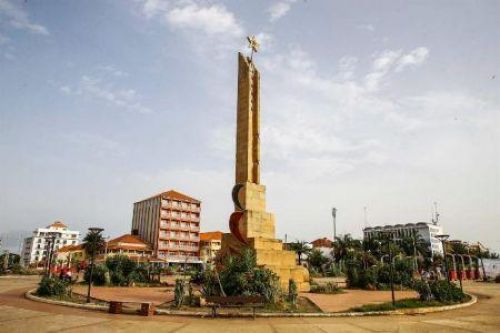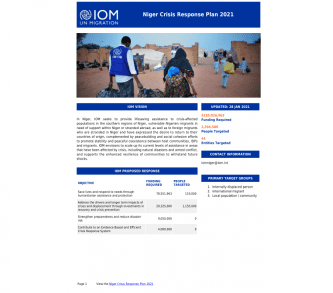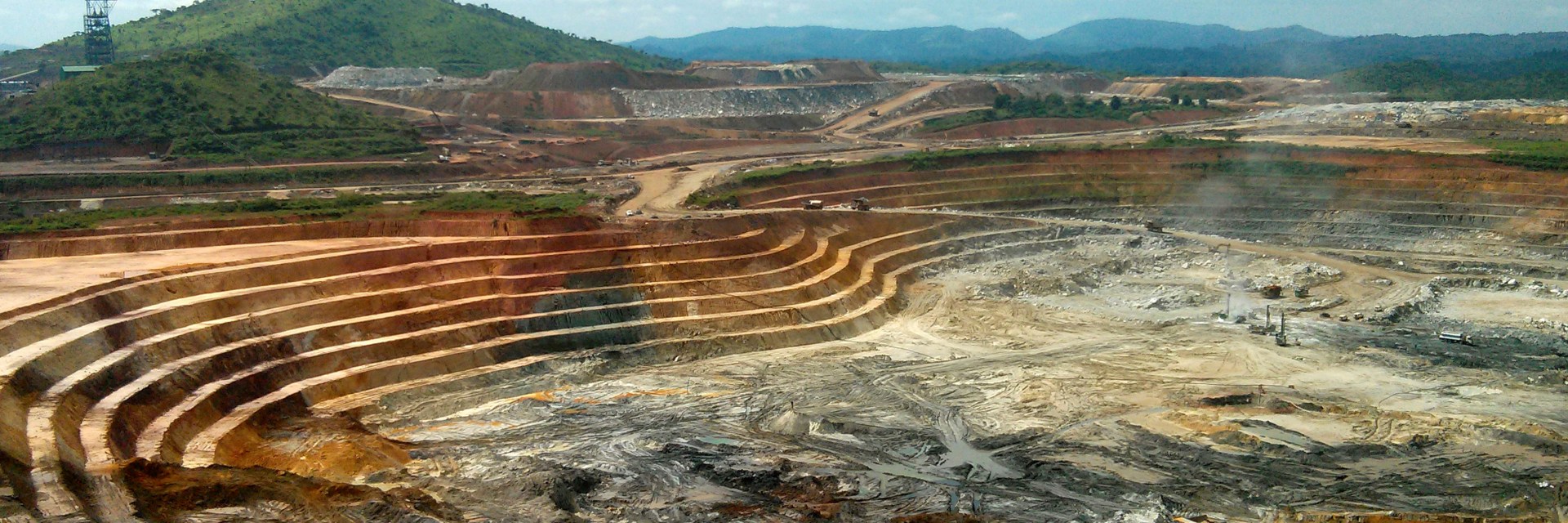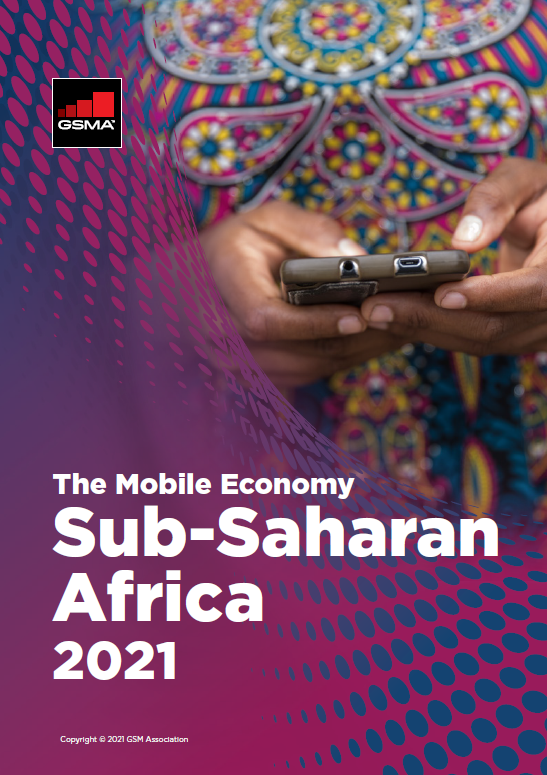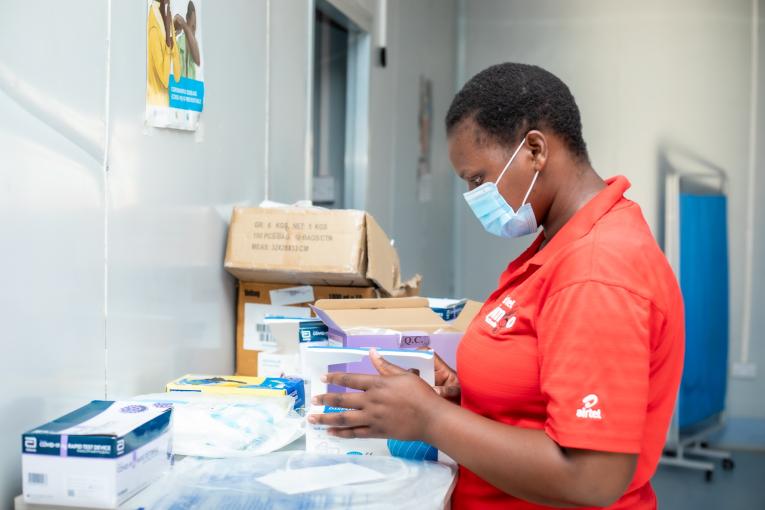DailyMonitor
As the global development takes shape, another interesting initiative that is in line with the global efforts is happening in Uganda. The Health Ministry has already put the country on notice regarding the first Covid-19 vaccine clinical trials.
MWN
Japan has agreed to loan Morocco $200 million (approximately MAD 1.8 billion) to support the country’s response to the COVID-19 pandemic.
Morocco’s Minister of Economy Mohamed Benchaaboun signed today, December 2, an exchange of notes relating to the loan with Japan’s Ambassador to Rabat, Takashi Shinozuka.
Devex
With promising results from three major COVID-19 vaccine trials and potentially more to come, it’s becoming clear that access to coronavirus vaccines will soon become reality. But despite unprecedented global pushes to ensure access for low- and middle-income countries, the majority of available vaccine doses have been earmarked for wealthy countries that have the political and financial capital to make direct agreements with pharmaceutical companies.
Atlantic C.
The COVID-19 pandemic has stressed economies and societies around the world, and in Africa the crisis risks reversing the governance and development successes of the last few decades.
That’s the message Dr. Mo Ibrahim, a Sudanese-British entrepreneur, philanthropist, and founder of the Mo Ibrahim Foundation, conveyed during an Atlantic Council Front Page event on December 8. A well-known Afro-optimist, Ibrahim has invested in the continent’s democratic progress and has focused on tackling practical governance issues. While the pandemic has exposed such problems across the world, he noted, one of its lessons is that Africa must be “more self-sufficient” and “resilient.”
EcoFinAg
(Ecofin Agency) - The International Monetary Fund (IMF) announced in a Jan 25 statement it will support Guinea-Bissau’s response against the Covid-19 pandemic with $20.4 million. The financing is approved under the Rapid Credit Facility (RCF) put in place to assist countries during the health crisis.
OCHA
In Niger, IOM seeks to provide lifesaving assistance to crisis-affected populations in the southern regions of Niger, vulnerable Nigerien migrants in need of support within Niger or stranded abroad, as well as to foreign migrants who are stranded in Niger and have expressed the desire to return to their countries of origin, complemented by
TheEastAf
The International Monetary Fund (IMF) and Kenyan government have reached an agreement for an additional $2.4 billion financing to help stabilise the operations of an economy battered by mounting debts and the devastating Covid-19 pandemic.
Brookings
In recent years, African countries like Mali and the Democratic Republic of the Congo (DRC) have tried to rewrite unfavorable mining contracts that leave the states short on generated revenue as well as recover funds owed to them—concerns that the pandemic has only exacerbated
GSMA Intelligence
The mobile industry in Sub-Saharan Africa continues to play a crucial role in the response to Covid-19. Mobile operators have implemented measures to support vulnerable communities including offering discounts on mobile tariffs and providing digital content and tools to help people and businesses get online.
UNICEF
New ACT-Accelerator strategic plan sets out urgent actions to address crucial gaps in access to COVID-19 tests, treatments, vaccines and personal protective equipment in low- and middle-income countries, using the latest epidemiological, supply and market information.


